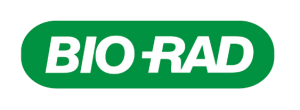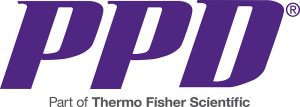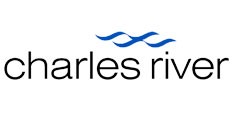Spotlight panel discussion: bioanalytical developments for cell and gene therapy products
As promising new modalities for the treatment of rare, inherited and/or acquired diseases, cell and gene therapies (CGTs) aim to introduce or replace healthy cells or genetic material via viral or nonviral delivery. These new modalities are unique in that they may be able to target previously ‘undruggable’ targets. However, with new therapeutic modes comes the requirement for validated analytical methods to ensure the approval of such products.
As CGTs have now formed the third major drug platform after small and large molecule therapeutics, focus on the development of analytical methods for CGT development has likewise increased. In this panel discussion, we will review trends in the bioanalytical tools utilized to study and support CGT product development, different viral and nonviral vectors, the current and future regulatory landscape for CGTs and key challenges in CGT bioanalysis.
What will you learn?
- Different bioanalytical tools for the support of CGT products
- Types of viral and nonviral vectors, and when to utilize each
- Challenges when developing CGT product
- Future predictions for CGT products in the next 5 years
Who may this interest?
- Pharmaceutical professionals
- Oncology research specialists
- Instrument developers and manufacturer
- Regenerative medicine researchers
Speakers
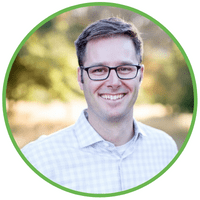
Mark White
Associate Director, Biopharma Product Marketing
Bio-Rad (CA, USA)
Mark White is the Associate Director of Biopharma Product Marketing at Bio-Rad. He has played a key role in the development of multiple core technology capabilities and assays alongside a multidisciplinary team of biologists and engineers at Bio-Rad and previously at Berkeley Lights Inc. (CA, USA). Mark obtained his PhD in Biomedical Sciences at the University of California, San Francisco (CA, USA).
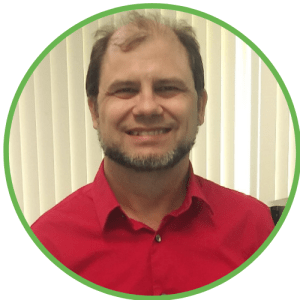
David Willoughby
Vice President of Genomic Services
Frontage Laboratories (FL, USA)
David Willoughby received his PhD in molecular biology from the University of Southern California (CA, USA) where he worked on the role of RNA splicing in Alzheimer’s disease. He did a postdoctoral fellowship at the Burnham Institute in La Jolla (CA, USA) where he worked on methods for gene therapy utilizing mouse models. From 1999–2004 he worked at CuraGen and Nanogen (both CA, USA), two biotech companies that were pioneers in genomics applications for diagnostics and therapeutics.
He formed a genomics service business, Ocean Ridge Biosciences (FL, USA), in 2005 and sold it in 2021. He is currently Vice President of Genomic Services at Frontage Laboratories (FL, USA).
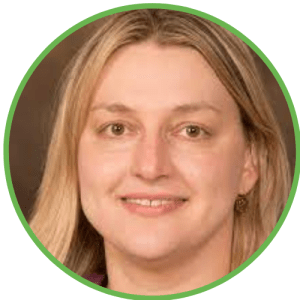
Catherine Vrentas
Senior Research Scientist
PPD, a ThermoFisher company (VA, USA)
Catherine (Cathy) Vrentas is a Senior Research Scientist at PPD, a ThermoFisher company. Cathy leads a team in the development, transfer and validation of immunoassay PK and ADA methods for protein and oligonucleotide therapeutics, and cell and gene therapies. She also has expertise in cell-based Nab assays, enzymatic assays and biomarker assays.
Cathy received her BSc from Penn State (PA, USA) and her PhD in cellular and molecular Biology from the University of Wisconsin-Madison (WI, USA), where she characterized the response of bacteria to signaling molecules. Her postdoctoral experience was at the US FDA (prion diseases in livestock) and the NIH (anthrax toxins, small RNA regulation), where she gained expertise in protein biochemistry. Subsequently, she was an Assistant Professor of microbiology at Frostburg State (MD, USA), a master’s level comprehensive university, and a Principal Investigator at the National Animal Disease Center (IA, USA) where she researched brucellosis in livestock (BSL-3 and Select Agent research) with a focus on innate immunity and vaccine development.
Cathy has worked on multiple international collaborations, including experience as a visiting Indo-US professor at the University of Delhi (New Delhi, India) and is involved nationally in public outreach training initiatives. She has published 30+ manuscripts and is an active presenter at conferences and webinars.

Seppo Yla-Herttuala
Professor
University of Eastern Finland (Kuopio, Finland)
Dr Yla-Herttuala is a world leader in cardiovascular gene therapy for atherosclerosis and ischemic diseases. His team was the first to utilize adenovirus-mediated gene transfer to human arteries already in 1995. Since then, he has conducted eight phase I–III clinical trials in cardiovascular gene therapy. He is also the originator of the concept of epigenetherapy.
His group has been widely recognized for basic biology, translational and epigenetic research of the vascular endothelial growth factors, especially focusing on the new members of the VEGF family. Previously he worked with oxidized LDL and atherosclerosis and was the first to demonstrate that OxLDL exists in human atherosclerotic lesions. His list of publications includes over 500 scientific articles.
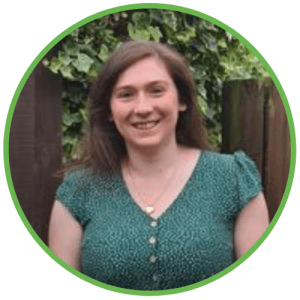
Fiona Campbell
Study Director
Charles River (Edinburgh, UK)
Fiona Campbell is a Study Director in the Immunology group at Charles River (Edinburgh, UK) and has been in this role for over 5 years. Fiona leads a group that performs flow cytometry assays including immunophenotyping and receptor occupancy, as well as ELISpot, Cytokine Release Assays, Haemolysis and TDAR assays to support preclinical and clinical safety assessments.
Her expertise is in method development and validation, sample analysis and project management. Her group has experience in supporting clinical flow cytometry programs for the assessment of a range of therapeutics including cell-based therapies.
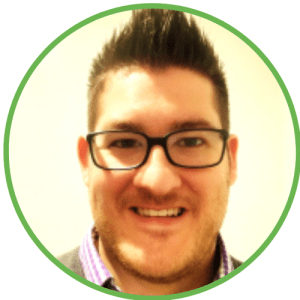
Dr Chris Heger
Director of Applications Science and PSP Custom Lead, Analytical Solutions
Bio-Techne (CA, USA)
Dr Chris Heger currently serves as the Director of Applications Science and PSP Custom Lead for the Analytical Solutions Division of Bio-Techne. Chris received his PhD in Pharmacology from Cornell University (NY, USA) and completed his post-doctoral training at the National Cancer Institute (MD, USA). He then joined ProteinSimple, a Bio-Techne brand, where he has worked for the past 11 years.
Chris currently leads the Applications Science group, a team of seven talented scientists chartered with applications and content development, fostering collaborations and providing custom analytical solutions. In recent years, Chris’ team has heavily focused on viral vector characterization and have put forth several methods for AAV and lentiviral analysis. He is a member of Bio-Techne’s Science and Technology Council and serves as a technical expert for Bio-Techne Corporate Development.
In association with

